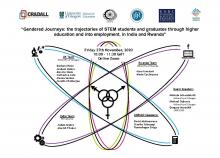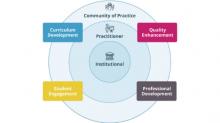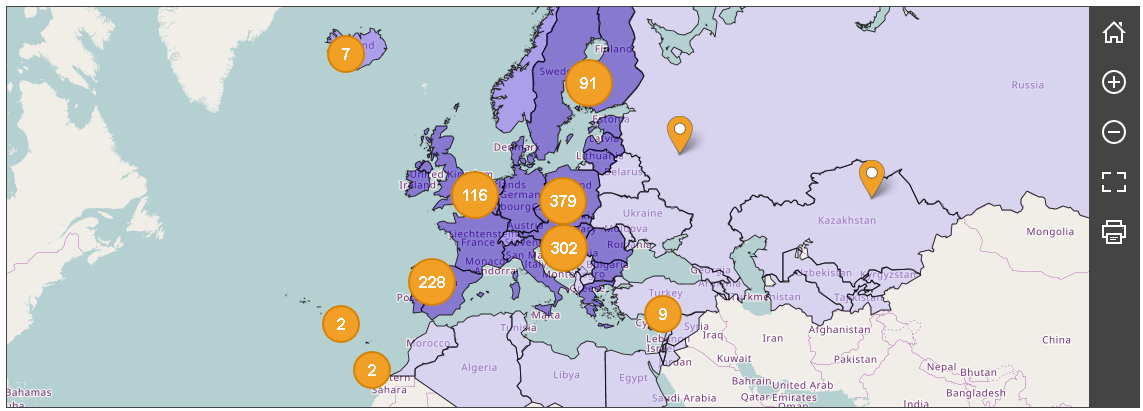Dr Muir Houston, Deputy Director of CR&DALL opened the webinar and provided an overview of logistics for the 80+ delegates and panellists. Professor Michael Osborne, Director of Research in the School of Education, began formal proceedings and introduced Professor Margery McMahon, Head of School, who welcomed delegates. Professor Osborne then explained that in this webinar with its theme of Urban and Place Based Learning, we would be hearing from representatives of four of the school’s major projects in this area, some very local to the city of Glasgow and others that involved cities and neighbourhoods in the global south.
Post date:
Thursday, 28 January, 2021






















Latest Comments